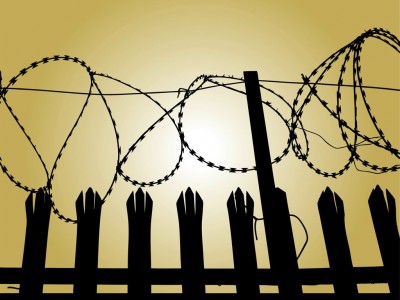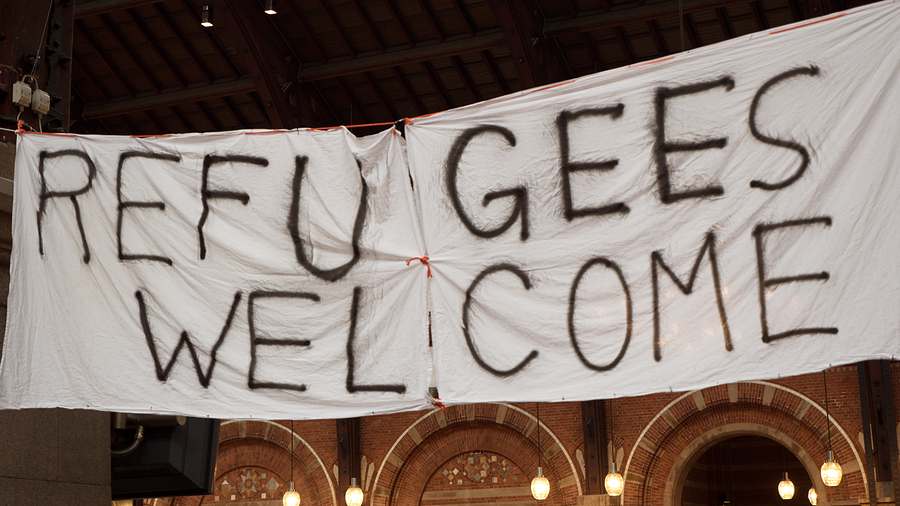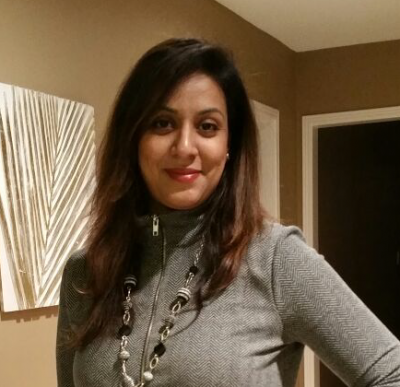Yesterday, my 5-year-old came home from school and asked me, “Mommy, do you know what a refugee is?”. Needless to say, I wasn’t prepared for this question. Usually I get asked about what are we having for dinner or if so-and-so can come home for a play-date. So…gathering all my wisdom…I pushed the question back in my son’s court, “Yes, sure. Can you tell me what you know about refugees?”

As parents we try to limit our children’s exposure to news — which can be quite graphic at times — and I honestly was not aware of how much he had been told about refugees at school.
In the most simplistic way possible, he described to me how refugees are people who left their homes because of war. This was a great place to start our conversation.
We then had a short discussion on how refugees are families just like ours, who have had to leave their home and country to protect themselves from war. We also talked about being kind to children who don’t speak English very well and to help them at school. Later though, I wondered how you would broach that subject with kids who are perhaps a little older. Or what else I could have talked to my son about?
With a little bit of research, I came up with short list of things to keep in mind when talking to children about the refugee crisis:
- Give age-appropriate information. A 5-year-old may not fully understand the plight of refugees fleeing in inflatable boats and being stopped at borders. But perhaps, a 12-year-old might. Depending on your child’s age you may or may not want to show them some of the images we’ve seen during this crisis
- Tell the truth. As parents we want to protect our children from the harsh realities of life. However, it is important to let children know the reason for the refugee crisis, as well as their current situation, in simple language and ideas.
- Encourage a discussion. A fear of answering the harder questions should not stop parents from having a meaningful discussion with their children. Talking about war and the ensuing refugee crisis can be very scary for a child but as long as the information is age appropriate, a discussion can help your children comprehend the situation.
- Emphasize safety. For younger children, it is important to impart a sense of safety for them at home, school, and their community. Emphasize that we are safe here in Canada.
- How we can help. Share initiatives that are taking place in your community to help the refugees. A large number of Canadians have been donating clothing, furniture, and other household items for new refugees. In addition, many Canadians are sponsoring and hosting refugee families. Showing them examples of good samaritans will go a long way in comforting them. A good place for parents to learn more about the refugee crisis and help initiatives is Unicef Canada’s website.
For now, I think the information my 5-year-old has is sufficient. He understands that refugees are going through a difficult time right now. Many are still trying to find a home and we have to treat everyone with kindness. And perhaps of greater importance, he knows we are safe and fortunate.




I have a friend who has set up a charity for refugee children art4warkids.com. She took her two young boys out to a refugee camp in France, whilst being pregnant and did art workshops for the kids there. Her boys played with the kids there and enjoyed helping with the activities.
She has been doing fundraising for both her charity and another charity From Syria With Love in the UK by putting on live music benefit nights (all whilst being heavily pregnant!).
Pictures drawn by children in the camps have been auctioned to raise money and awareness for the charities as well as the refugee kitchen staffed by volunteers. I am making a documentary about the positive change that normal people are making every day to help refugees and especially the children affected by the crisis of war and economic crisis. It will be released online in the coming months by India-UK production house Havecameramakefilms.com.
The best thing we can do is to educate future generations about why we have refugees and tackle root issues to prevent the causes of crisis. Its very simple – war is wrong. Our children are the future leaders and scientists and pioneers of social change. They are the hope for the world and what we teach them now matters. Keeping it age appropriate is definitely important- I have a three year old – it can be surprising though how much they do understand and take in and accept. I remember getting my daughter to share her chocolate with some street kids in India. She asked why their mums and dads didn’t buy them chocolate and I explained that not all of them have mums and dads. I was so proud of her reaction – she said they could share me with her! For her the solution was very simple and we can all learn from the attitude of a toddler in this case – do what you can to help – if everyone did then the world would indeed be a better place.